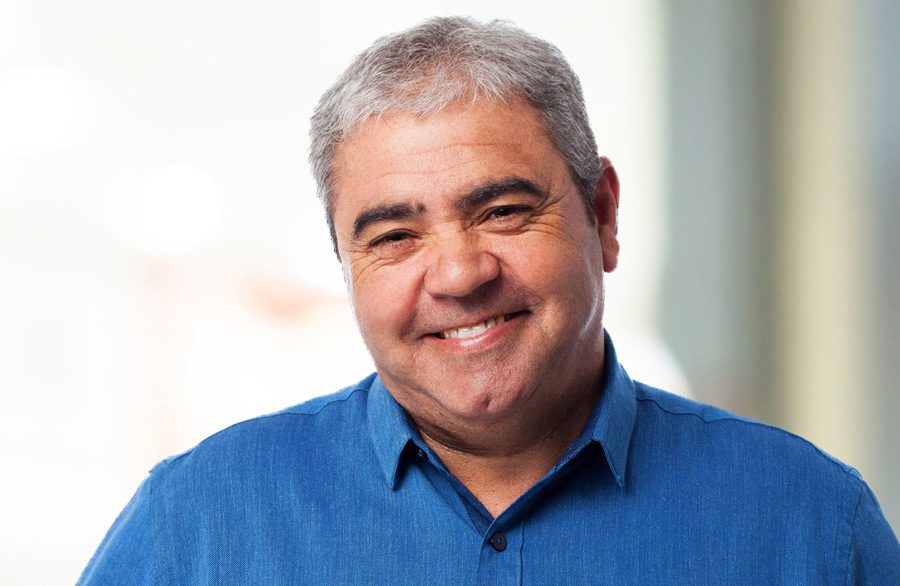Curt’s Story
Gambling as a form of medication
When Curt talks about his past addiction to gambling, he recalls how any anxiety or pain he was suffering at the time would be replaced by a “merciful numbness”. It wasn’t just money he was putting in to the slots; it was a form of medication that allowed him to slip into a numbing state.
After several hours of gambling, reality would sink in when he returned to his car, realizing what he had just done. He refers to his post gambling regret as an “instant hangover”.
Addict-in-Training
Curt’s strict Lutheran background taught him how to hide his feelings, which he believes was his initial training as an addict. He was taught that if something bothered him, he shouldn’t show it. He became an expert in talking his way out of most situations.
Although he put on a good front, inside he felt like a fraud. “I never really felt as good as the people around me,” he says.
Gambling addiction often found with other addictions
In earlier years, Curt struggled with a drinking problem, but even though he later became sober, one demon replaced another. Curt’s job as a salesman created many opportunities for him to stop at the local casinos and gamble.
“I should have made the connection that a double martini and putting $500 in a slot machine are both ways to change feelings,” he says.
A cry for help
Curt’s first cry for help came in 1999 after he borrowed money from his friends and family and was forced into bankruptcy. One-on-one counseling with Lisa Vig at Lutheran Social Services and support from Gamblers Anonymous provided Curt with the strength to recover from this addiction.
However, three years into his recovery, on his way to Grand Forks, Curt stopped at a casino and put money into a $2 slot machine. The pay out on his first try was $6,000. That big win was all it took for his addictive behavior to return. For a few years Curt was a “closet gambler”, planning visits to casinos during business trips and making sure his wife did not see the tax forms that listed his gambling winnings.
Suicidal thoughts are a wake-up call
Curt’s final breaking point came as he was contemplating suicide.
“I was sitting in my car along the interstate, looking at the bridge abutment and thinking it looked very inviting, and how I could make it look like an accident,” he says. “But I hated to waste a car just to die. I couldn’t even do that right.”
He returned to Lutheran Social Services and enrolled in the Gamblers Choice program. Today, Curt admits that he works daily on his impulse control and makes sure he does not have ready cash in his possession. He doesn’t have a checkbook, and uses gift cards for gas and groceries. Regular attendance to Gamblers’ Choice groups as well as Gamblers Anonymous gives Curt the support he needs to fight the compulsion to gamble.
He admits it’s not easy, and continues to work to regain his family’s trust. His goal is to have the same feelings inside as he is showing on the outside. “I’ve learned to say, ‘God, I can’t handle this. Let me turn this over to you.’”

